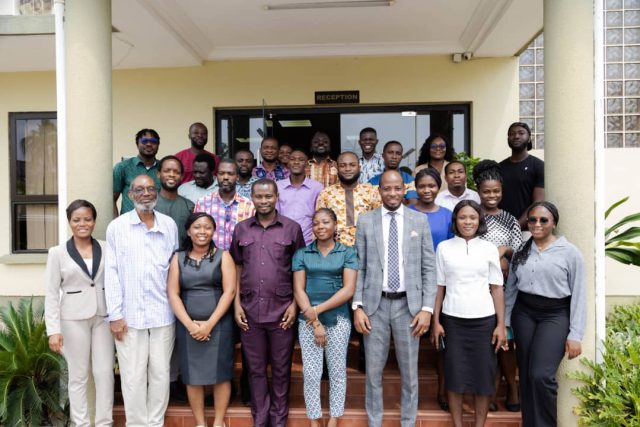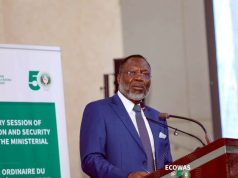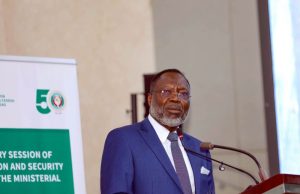Media Foundation for West Africa (MFWA) has trained 25 financial, business, and economic reporters based in the Greater Accra Region, including The Fourth Estate and Fact-Check Ghana, on reserved-based lending and illicit financial flows to effectively report on Ghana’s extractive sector.
The two-day training is designed to significantly enhance journalists’ capacity to develop compelling story ideas on Reserved-Based Lending (RBL) and Illicit Financial Flows (IFFs). This will contribute to increasing public access to information on RBL and IFFs and play a crucial role in influencing the government’s policies on RBL and IFFs.

The capacity-building training, dubbed “Training on Journalist Report on the Impact of Reserved-Based Lending (RBL),” forms part of MFWA’s project to implement the Strategic Partnership Initiative for Ghana and West Africa and is funded by OXFAM in Ghana and DANIDA under Accountable Governance II.
It is noted that “While RBL has significantly reduced financial strain and funded the development of Ghana’s oil and gas industry, it is also susceptible to misuse and acts as a conduit for illicit financial flows (IFFs). Ghana, like other Sub-Saharan African oil-reserved countries, faces increasing vulnerability to corruption when managing oil wealth.
Programme Director in charge of Media for Peace and Sustainable Development at MFWA, Dr Kojo Impraim, at the opening address, asserted that Ghanaians are not hungry to hold individuals and politicians for quality of life based on the less or no knowledge of the benefits of the country’s extractive sector.
To increase public access to information on oil and gas extract, he urged media practitioners to set an agenda for consistent publication in the extractive sector. This sustained effort can significantly enhance the public’s understanding of the sector, making the journalists’ work invaluable.
Dr Impraim expressed dismay over the two major political parties, the New Patriotic Party (NDC) and the National Democratic Congress (NDC), which have absolute control over the airwaves and use it to influence their parties’ agenda rather than the interests of the citizens.
He again acknowledged that journalists are being restricted by these parties from independently reporting on critical matters affecting the country due to the ownership structure and editorial policies of some media houses.

Dr Impraim opined that the country is plagued with corruption and misuse of state’s resources, hence charged the training beneficiaries to dedicate space in the media to avert the corruption menace.
Also, the training delivery method allowed group and individual participation, sharing experiential knowledge and contextual ideas, and the development of case studies in the oil and gas sector.















